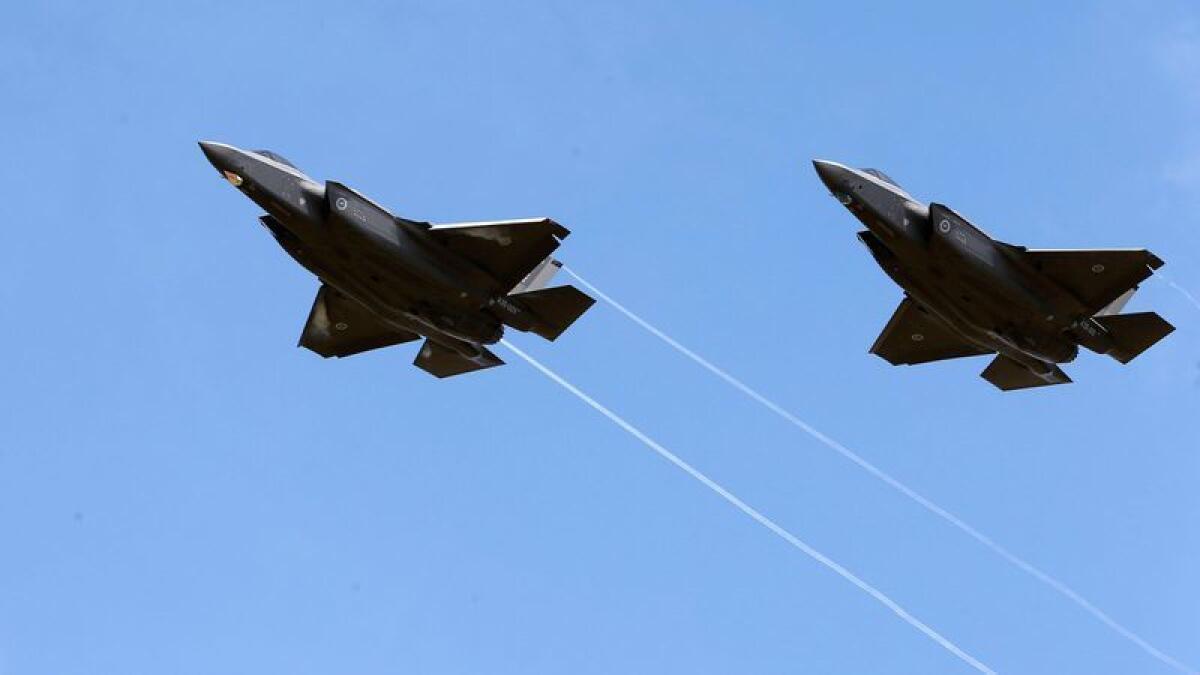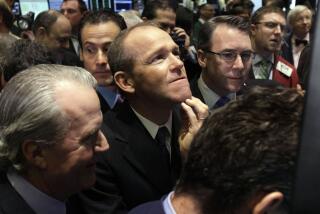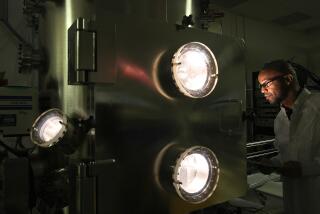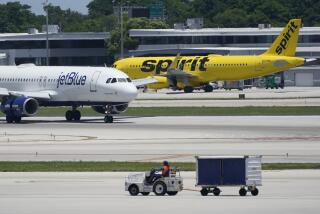United Technologies and Raytheon to combine as defense giant

United Technologies Corp. agreed to buy Raytheon Co. in an all-stock deal, forming an aerospace and defense giant with $74 billion in sales in one of the industry’s biggest transactions ever.
The new entity will be called Raytheon Technologies Corp. when the deal closes in the first half of 2020, after United Technologies completes the separation of its Otis elevator and Carrier air-conditioner businesses, the companies said in a statement Sunday. Although billed as a merger of equals, current United Technologies shareholders will own most of the company.
The combination “will define the future of aerospace and defense,” United Technologies Chief Executive Greg Hayes said in the statement. The bigger company will combine United Technologies’ Pratt & Whitney F-35 fighter jet engines with Raytheon’s Patriot missile-defense products and expertise in areas such as radars, munitions and cybersecurity.
Douglas Rothacker, an analyst at Bloomberg Intelligence, said United Technologies makes both commercial and military engines, while Raytheon is focused on defense.
“It’s largely a diversification play to build an absolute behemoth aerospace and defense contractor,” he said.
Hayes will hold the CEO job in the combined organization, while Raytheon CEO Thomas Kennedy will become executive chairman. Hayes will ascend to both roles three years after the deal closes.
Aerospace hiring heats up as bombers and supersonic transports near the runway »
Under terms, Raytheon shareholders will receive 2.3348 shares in the combined company for each Raytheon share they hold. When the dust settles, shareholders of United Technologies will own about 57% of the new company on a fully diluted basis, while Raytheon’s will own about 43%. Raytheon will contribute seven of the 15 board positions, including the lead director.
A United Technologies representative declined Sunday to provide clarity on any premium paid for Raytheon once the Otis and Carrier separations are complete. A conference call is scheduled for Monday morning.
Both companies advanced more than 20% this year through June 7, in line with a Standard & Poor’s index of aerospace and defense manufacturers. United Technologies closed at $132.15 on Friday, giving it a stock-market valuation of $114 billion, while Raytheon closed at $185.91, for a market value of $52 billion.
As aerospace giants grow, suppliers find ‘their largest customer may be their largest competitor’ »
The blockbuster deal caps a dramatic revamp of United Technologies under Hayes, who took the reins at the industrial conglomerate in 2014 with a vow to pursue big transactions. Along with last year’s $23-billion acquisition of aircraft-parts supplier Rockwell Collins, the Raytheon deal remakes United Technologies as an aerospace giant with products including not only jet engines and missiles but other items such as cockpit electronics and radars.
Greater heft would enhance the ability of United Technologies to withstand cost pressures from customers such as Boeing Co. and Airbus, said Rothacker, the Bloomberg analyst. Another crucial customer is the U.S. Defense Department.
“Aerospace suppliers have been, and will continue to be, under immense pressure from Boeing and Airbus to cut costs,” he said. “We’ve seen consolidation in the sector as a way to counter these pricing and competitive pressures, and also to diversify to add revenue streams.”
Another wild card in winning approval for the deal: the Defense Department.
Hayes spurned a merger offer from Honeywell International Inc. in 2016, saying the deal undervalued his company and would face customer opposition. At the time, Wall Street analysts anticipated resistance from the Pentagon, as well as planemakers.
“We don’t expect DoD to raise strong objections to the deal,” though there may be small divestitures where there’s overlap with businesses picked up with the Rockwell Collins purchase, analyst Byron Callan of Capital Alpha Partners wrote in a note Sunday. Some of that overlap may not be readily apparent because programs are classified, he wrote.
The companies will have combined debt of about $26 billion when the deal closes, with about $24 billion of that coming from United Technologies, the companies said in their statement. There is no change to the 2019 financial outlook for either company.
The companies said they expect to return $18 billion to $20 billion to shareholders in the first 36 months after the merger and to see about $1 billion in annual cost savings by the fourth year.
The headquarters will be in the Boston area; currently United Technologies’ main office is in Farmington, Conn., while Raytheon’s is in Waltham, Mass.
Citigroup Global Markets Inc. was Raytheon’s financial advisor, with RBC Capital Markets providing a fairness opinion and Shearman & Sterling serving as its legal advisor. On the United Technologies side, Morgan Stanley & Co., Evercore, and Goldman Sachs & Co. were the financial advisors and Wachtell, Lipton, Rosen & Katz provided legal services.






